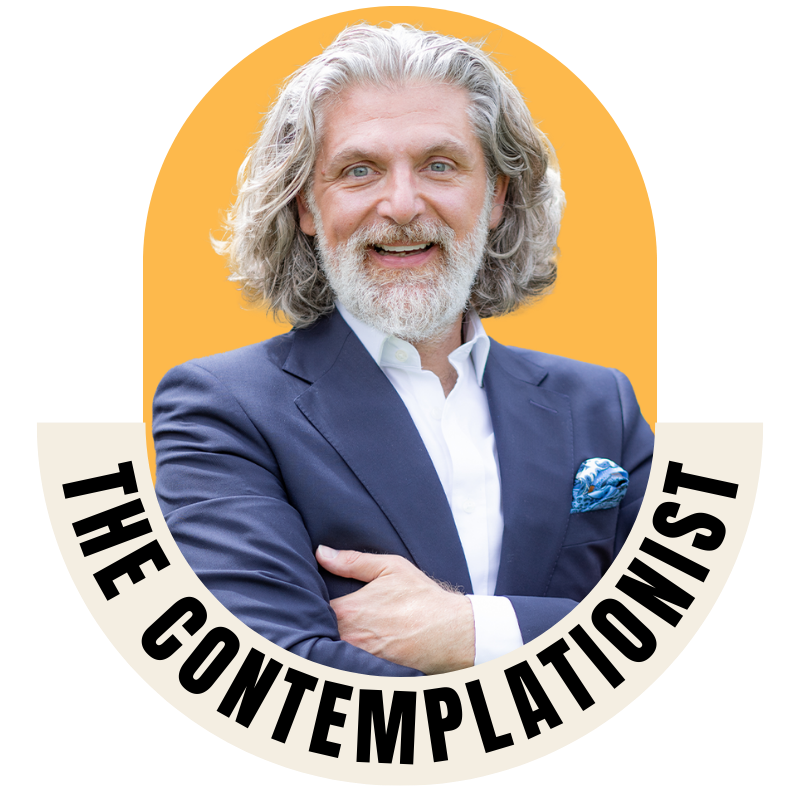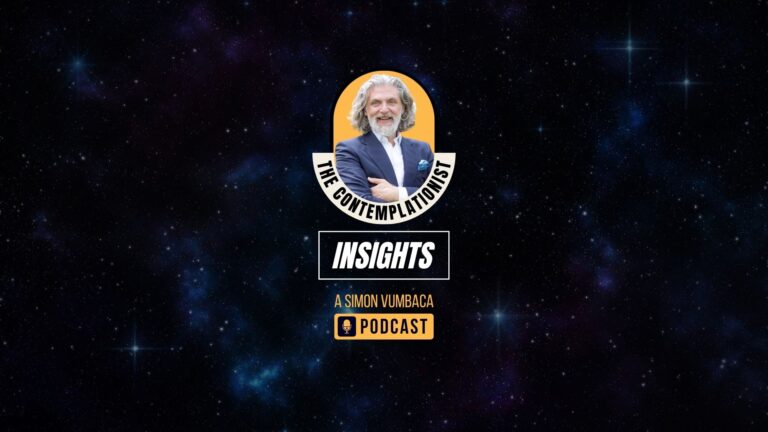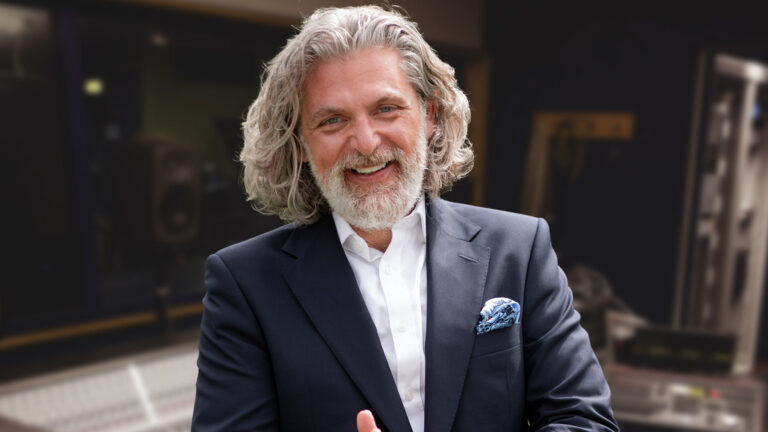We all want to do well. We also want others to do well. When both aspirations’ paths go in the same direction, then it is brilliant, and all seems perfect. Sometimes, though, paths that seemed to go in the same direction cross each other in a non-positive manner. One may be tempted to accept some degree of compromise to progress, but very often, the party that accepts compromise is the one that loses most of the original path’s intent. But we all want to do well, and we also want others to do well, so we look for cues to help. We listen to the words said to us, and we want to believe them. This is part of who we are as humans, and behaviour is, to a certain extent, defined by who we are.
All the above may sound or look abstract, but it is not. In business and in life, we tend to label and identify the persons or organizations we are interacting with, compartmentalizing them to what we identify them as. That is how we will refer to them and unless something calls us into questioning it, we will stick to it. This is why some corporations would invest so many millions in storytelling and “perception management,” a new form of PR that I came across and can be the subject of its own contemplation!
Nature teaches us a far less comfortable fact: a specific person should not be identified by their words, but by their behaviours. In the wider animal world, what matters is behaviour. Your behaviour is either a threat, or it is not. Often the perceived behaviour is based on past experiences or simply on observation. A small fish that swims next to a big one at feeding time will be eaten. If you are a big fish, you know what to do next time you are hungry. If you are a small fish, you also learn fast what you should do. No need to have lengthy conference calls and meetings to understand the outcome.
A dog can bark loudly at a fox, but if the dog limits its behaviour to barking, the fox will carry on in an almost teasing manner, often ignoring the dog entirely. Now, if the dog runs toward the fox, displaying a very clear behaviour of aggression, the fox is not likely to hang around and will very swiftly move on to a different area, avoiding the dog as fast as possible.
We call the above examples animal instinct or animal behaviour. The same happens constantly all around us also as humans.
Now, if we are to simply observe the behaviour of those we interact with, we may have a very different definition of who they really are to us. If we put aside the words expressed and look at their behaviour when interacting with us, it will reveal who they really are to us. This is why sometimes a friend that sees you in the work environment can spot interactions you cannot see. Instinctively, not emotionally or logically.
omeone who says they want us to do well but on every occasion sabotages others to advance their position could be considered self-focused and not a team player, regardless of how well we feel when we are listening to them. It is the same wherever we look: in sports, this is more immediately obvious than in other areas. A football player that advances personal results to the detriment of the game plan and better-positioned teammates will not last long at a high level. In business, narrative will help you to get through the door, possibly even to get your order, but if the behaviour does not follow suit, very soon things change for the worse.
What is really going on is that, at some point, when we decide not to look and listen to the behaviour displayed before us, we start believing the narrative and words, becoming more and more credulous to the story we are told, the emotional side taking over the factual one. This is why, I believe, highly skilled individuals are sometimes entangled in inexplicable dramas: they did not focus on the behaviour but on the words. This is why, throughout history, multifaceted propaganda exists.
In old cultures, the sages were not the ones talking a lot or louder, but rather the ones listening and observing behaviours. However, it is a case of us deciding to listen to that instinct rather than reason with ourselves or try to justify other’s behaviours.
After all, we all want to do well. We also want others to do well.






